Adding product to the cart!
Added to the cart!
Piston Pumps
Piston pumps are a type of positive displacement pump that utilizes a reciprocating piston moving within a cylinder to transport fluid. The piston’s linear motion creates a vacuum, drawing fluid into the cylinder, and then compresses the fluid, forcing it out through a discharge port.
Description
How They Work
- Suction Stroke: As the piston moves away from the cylinder head, a vacuum is created, drawing fluid into the cylinder through an inlet valve.
- Compression Stroke: The piston then moves towards the cylinder head, compressing the fluid trapped in the cylinder.
- Discharge: When the piston reaches the end of its stroke, the compressed fluid is forced out of the cylinder through an outlet valve.
Types of Piston Pumps
- Single-acting: Compression occurs only on one side of the piston.
- Double-acting: Compression occurs on both sides of the piston.
- Diaphragm pumps: Use a flexible diaphragm instead of a piston.
Advantages of Piston Pumps
- High pressure: Can generate very high pressures.
- Versatile: Can handle a wide range of fluids, including viscous and abrasive fluids.
- Precise flow control: Can provide precise flow control.
Applications
- Hydraulic systems: Used in hydraulic systems to generate high pressures.
- Industrial processes: Used for pumping a variety of fluids in industrial applications.
- Automotive industry: Used in fuel injection systems.
- Chemical processing: Used to pump corrosive and abrasive fluids.



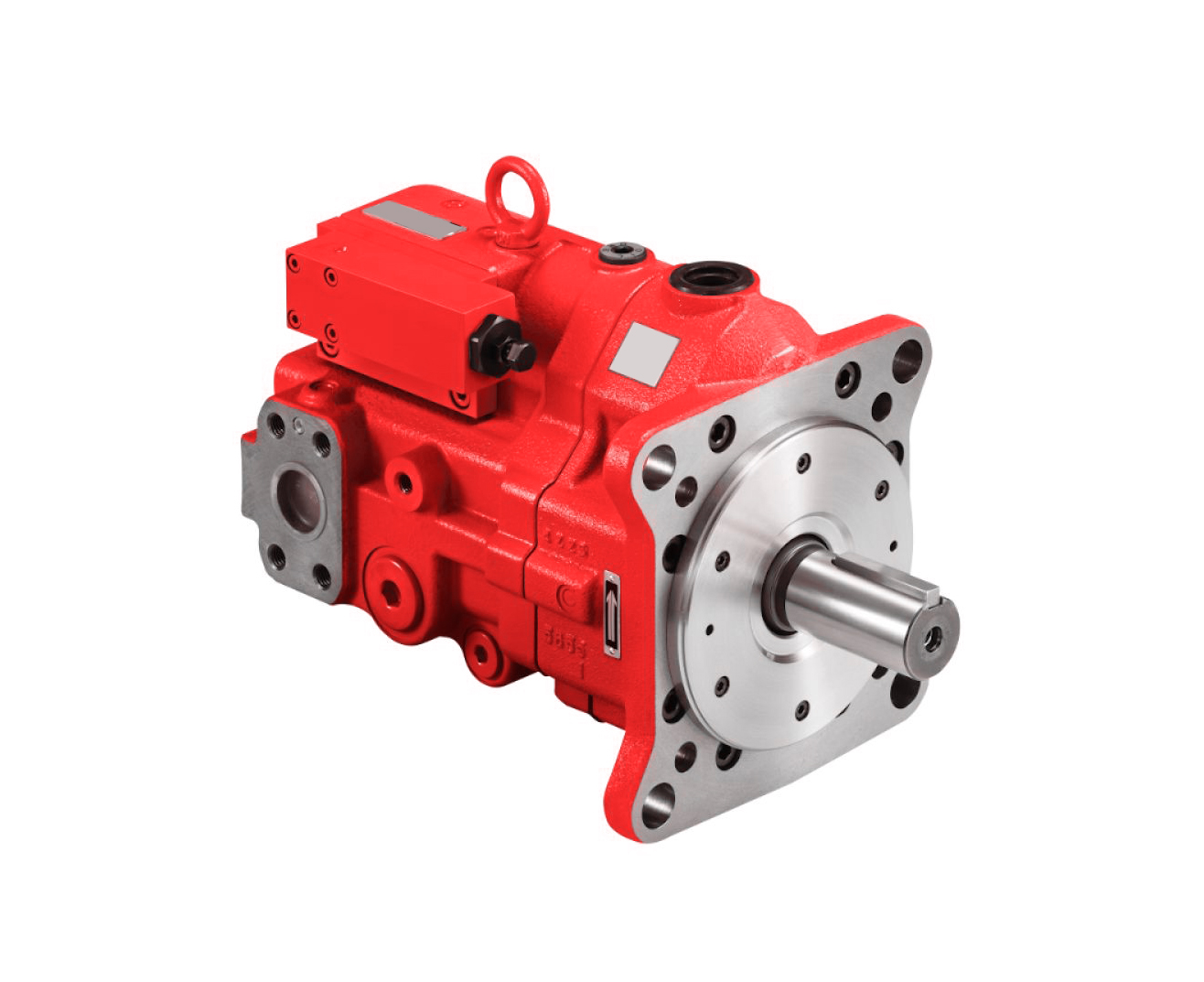
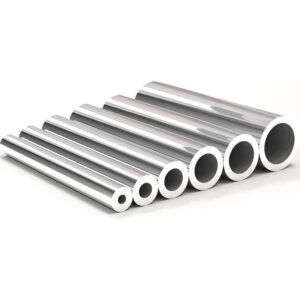
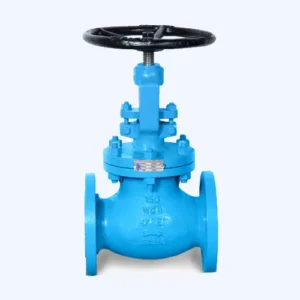
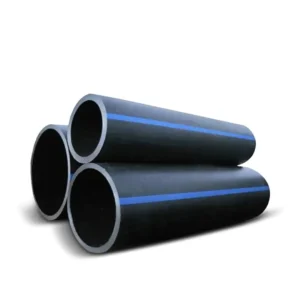
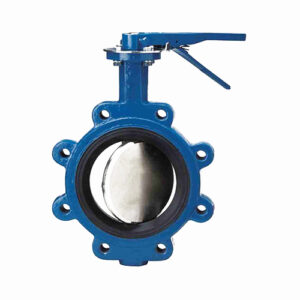
Reviews
There are no reviews yet.